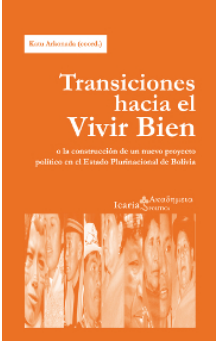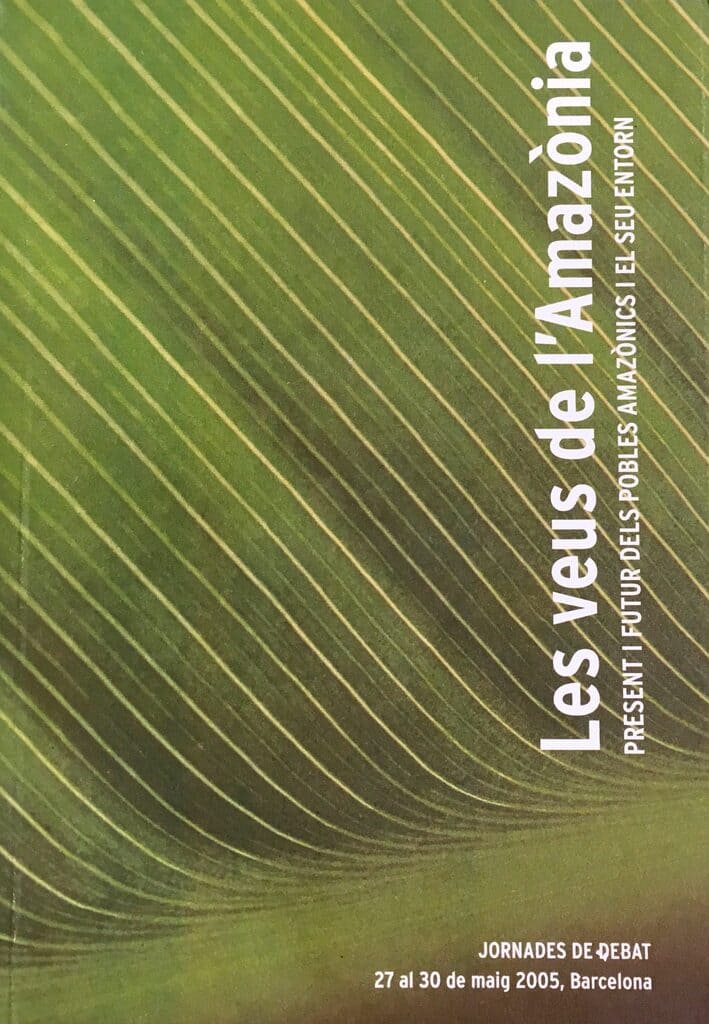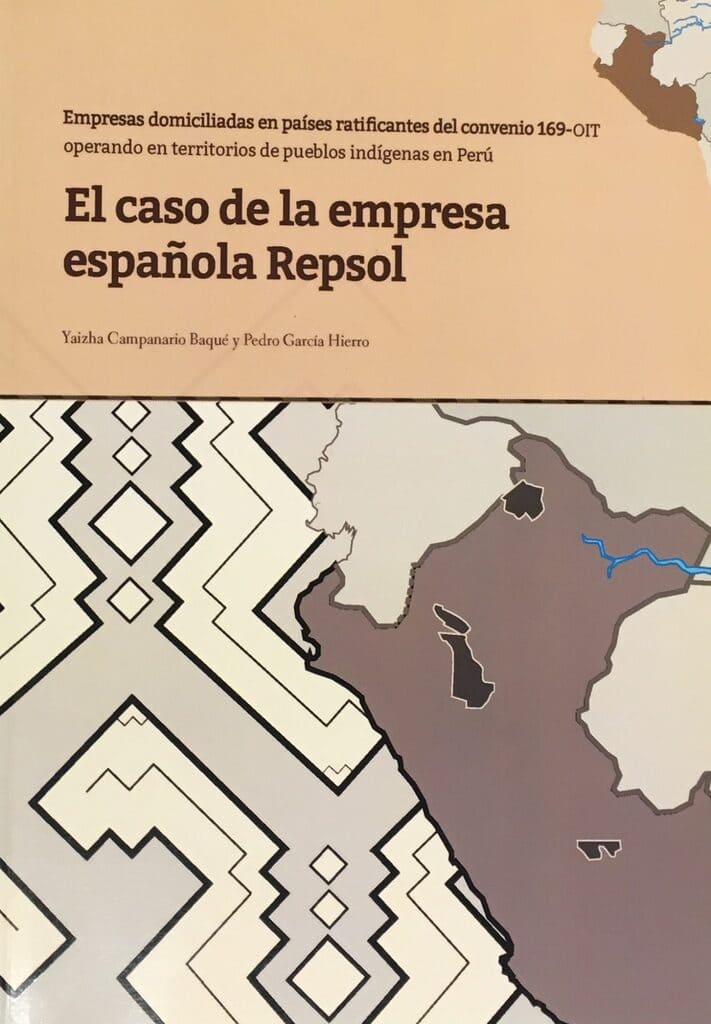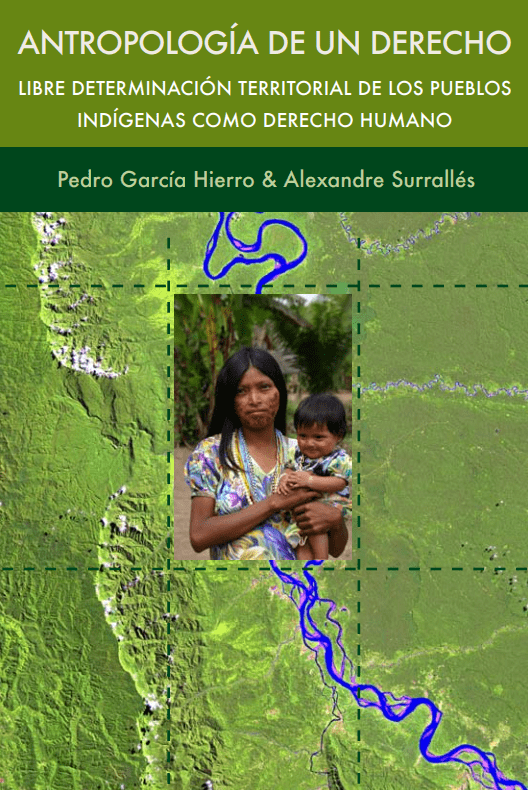
ABOUT US
alterNativa
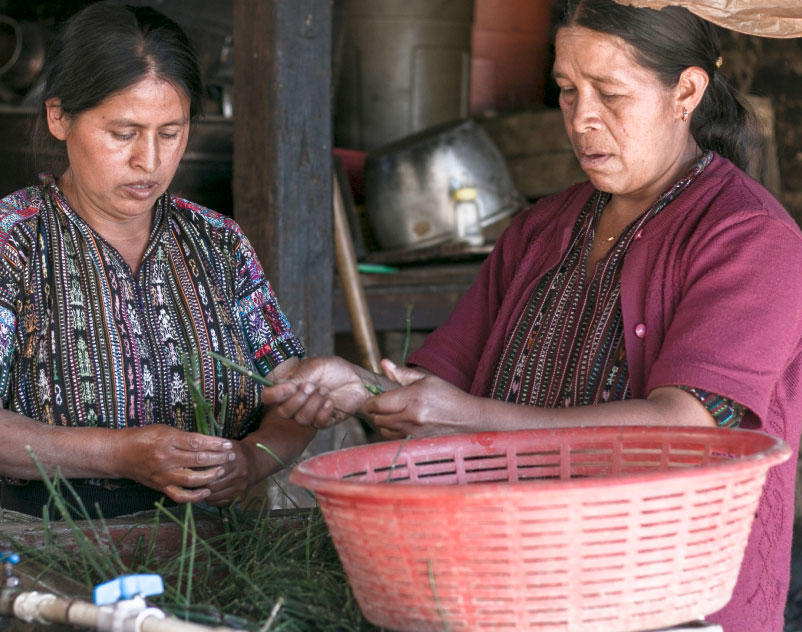
We transform society
alterNativa promotes, protects and defends the rights of indigenous peoples. In coordination with the communities, we promote their empowerment and make their struggles visible. We act from the mutual exchange between peoples and cultures, betting on an alternative to the current hegemonic development, social, economic and political models.
We cooperate with indigenous organizations to promote the recognition and implementation of peoples’ rights. We approach life alternatives inspired by sumak kausai (Buen vivir), based on frugality, ecocentrism and social justice, practices specific to the knowledge of indigenous communities.
We are based on respect for cultural diversity, social justice and environmental sustainability, from a comprehensive perspective and for social transformation.
The story of alterNativa
alterNativa was founded in 1986 to support indigenous organizations in Guatemala and Peru. The objective was to establish an exchange between peoples and cultures from a true intercultural dialogue based on respect and equity, understanding that no culture prevails over another.
Over the course of more than 30 years, alterNativa has carried out more than 50 projects, programs and agreements, with various villages in Abya Yala. alterNativa and the indigenous peoples got closer to each other, spreading the word about the need to care for the environment, social justice and a transformation towards more just, supportive and inclusive societies. The bond grew stronger, simultaneously with the tireless opposition of the indigenous peoples to large and small exploitation projects on their territories.
Indigenous peoples have always shown great resistance, having achieved historical milestones such as the approval of the Declaration on the Rights of Indigenous Peoples of the United Nations (UN) in 2007, or Convention 169 of the Organization International Labor Organization (ILO) in 1989.
Today, the globalized economy and the global scope of its environmental consequences make the conjunction of struggles, exchange between peoples and local alternatives more necessary than ever. alterNativa publicizes, supports and echoes the struggles of indigenous peoples who suffer the expansion and domination of national and transnational economies, especially extractive industries.

Coordination
Incidence
Communication
Coordination
Indigenous cinema
Administration
Transversal principles
Diversity and interculturality
Cultural Identity is the basis of a people’s existence, and it goes through its recognition and its rights to decide its future. We recover and strengthen the social and cultural existence of indigenous peoples, understanding that the world is diverse and plural and that each people has its own unique vision. We claim their self-determination and self-management as communities in an intercultural relationship of respect and mutual exchange to avoid acculturative, ethnocentric and paternalistic actions.
‘Buenvivir’, harmony and balance
We adopt a critical position in front of the neoliberal development model that maximizes the return of capital above the well-being of people and the planet; and that promotes unlimited economic growth based on accumulation and irrational consumerism, the plundering of natural resources and the exploitation of people and peoples. We denounce this unfair and unsustainable model and defend the urgency of alternative models. This is why we echo and defend Buenvivir as an alternative model of sustainability that does not mean having more, but meeting needs in a balanced way, in harmony and with respect for the environment that surrounds us.
Duality and vital complementarity
We understand that gender is a cultural construction and we support the empowerment of indigenous women so that from the various worldviews they access the fulfillment of their human and collective rights. We denounce the stereotypical representation of gender and its legitimization by a patriarchal and ethnocentric system that causes the triple discrimination that indigenous women have historically suffered: for being women, indigenous and living in poverty. We denounce the violation of their fundamental rights, and we defend and support the struggles they raise, recognizing the leading role that indigenous women play in the defense of Mother Earth for the persistence of peoples.
Indigenous voices and international instruments
We start from a Rights approach that links the obligations of all actors and the responsibility of States through public policies in the fulfillment of recognized rights. We rely on two fundamental instruments of the International Law System: the United Nations Declaration on the Rights of Indigenous Peoples, adopted by the United Nations General Assembly in 2007, and Convention No. 169 of the World Labor Organization (ILO ) on indigenous and tribal peoples in independent countries. Aware of the distance that exists between the recognition and the effective exercise of rights by indigenous peoples, we use these tools as the basis of our analysis and to frame our strategic objectives.
